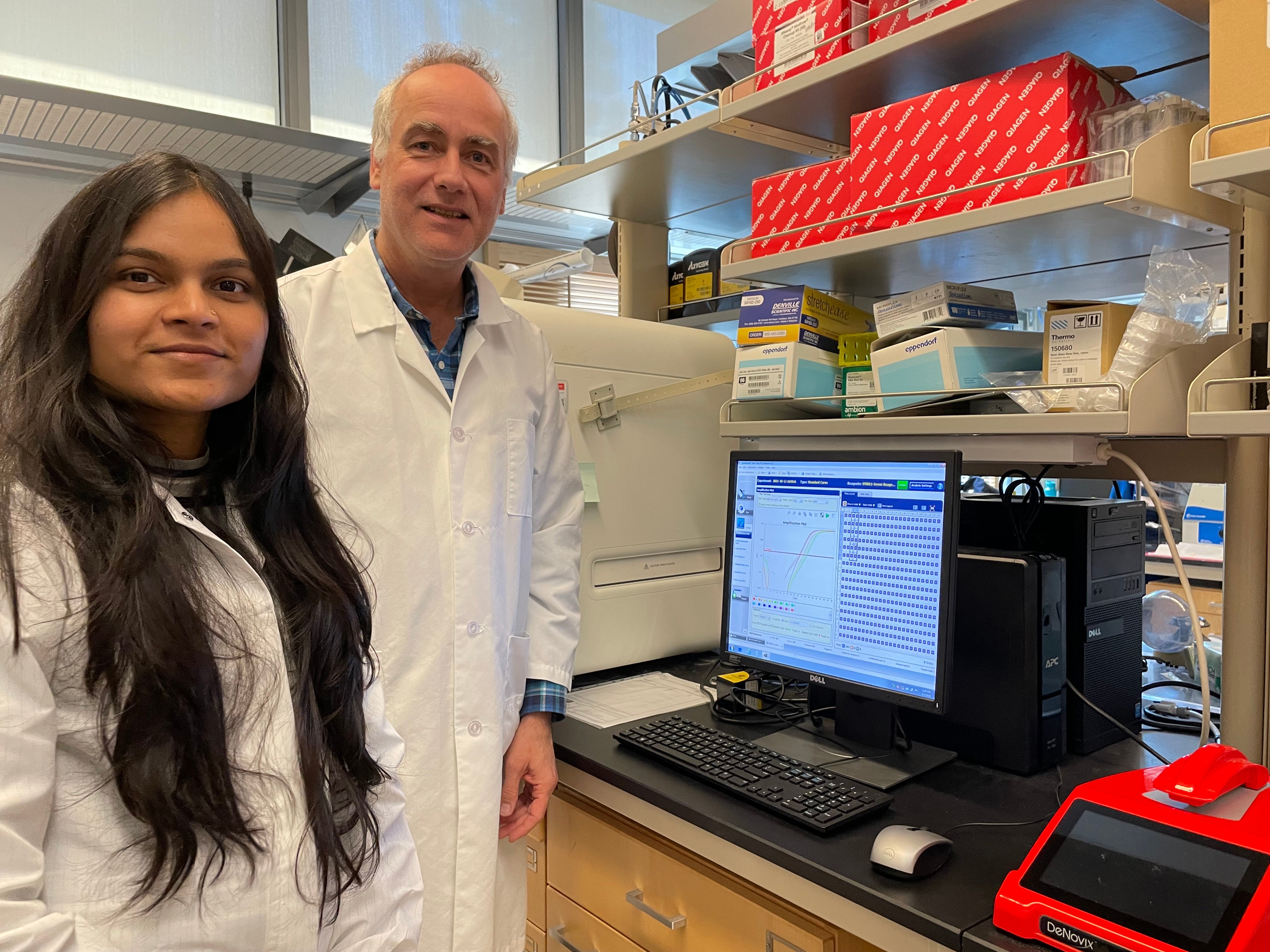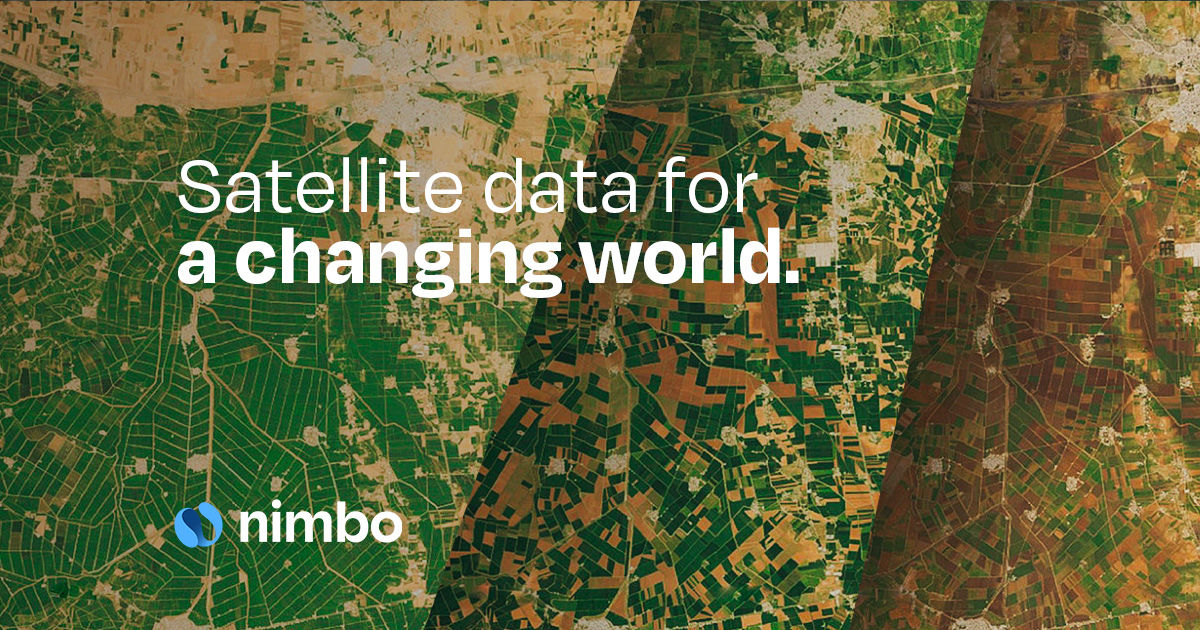
The UK economy could be transformed by a central bank digital currency
The Bank of England’s consultation on public digital cash could represent the biggest shift in the monetary system for 200 years
L ast week, the Bank of England launched a consultation on a UK central bank digital currency (CBDC) and the regulation of private digital currencies, joining dozens of other central banks around the world who are investigating “digital cash” and some, like the Chinese, who are already trialling it.
Modern digital money that we use for everyday transactions on our credit cards and for online transactions has become increasingly important to the functioning of the economy, accounting for 97% of the circulating money supply. But unlike physical cash and coins, digital money is not created by the central bank or government but by commercial banks. When a bank makes a loan, it creates new, sterling-denominated electronic deposits in your bank account: money. The total “money supply” in the economy is determined by the rate of new loans issued to households and firms and the rate of repayment by those borrowers.
This arrangement is best described as an accident of history. Modern “fractional reserve” money was the product of bankers issuing deposit receipts in return for safekeeping people’s precious metals. It was more convenient to use such notes for payments than the metals themselves, so they took on money-like qualities. Bankers realised they could issue more notes into circulation than they had backed by metals, since people infrequently withdrew their metals, and bank “lending” was born. Today, these deposit receipts are the numbers we see when we look at our digital bank balances.

/cloudfront-us-east-2.images.arcpublishing.com/reuters/GZTQDVBU7JPOBJ73LAELU52K4Q.jpg)
















/cdn.vox-cdn.com/uploads/chorus_asset/file/25336775/STK051_TIKTOKBAN_CVirginia_D.jpg)





